I'm a nutritionist - these are the five supplements for cyclists that actually boost your performance
There are stacks of powders, pills and potions that carry plenty of marketing but little scientific backing – here are the five supplements supported by robust research that could really help you go faster
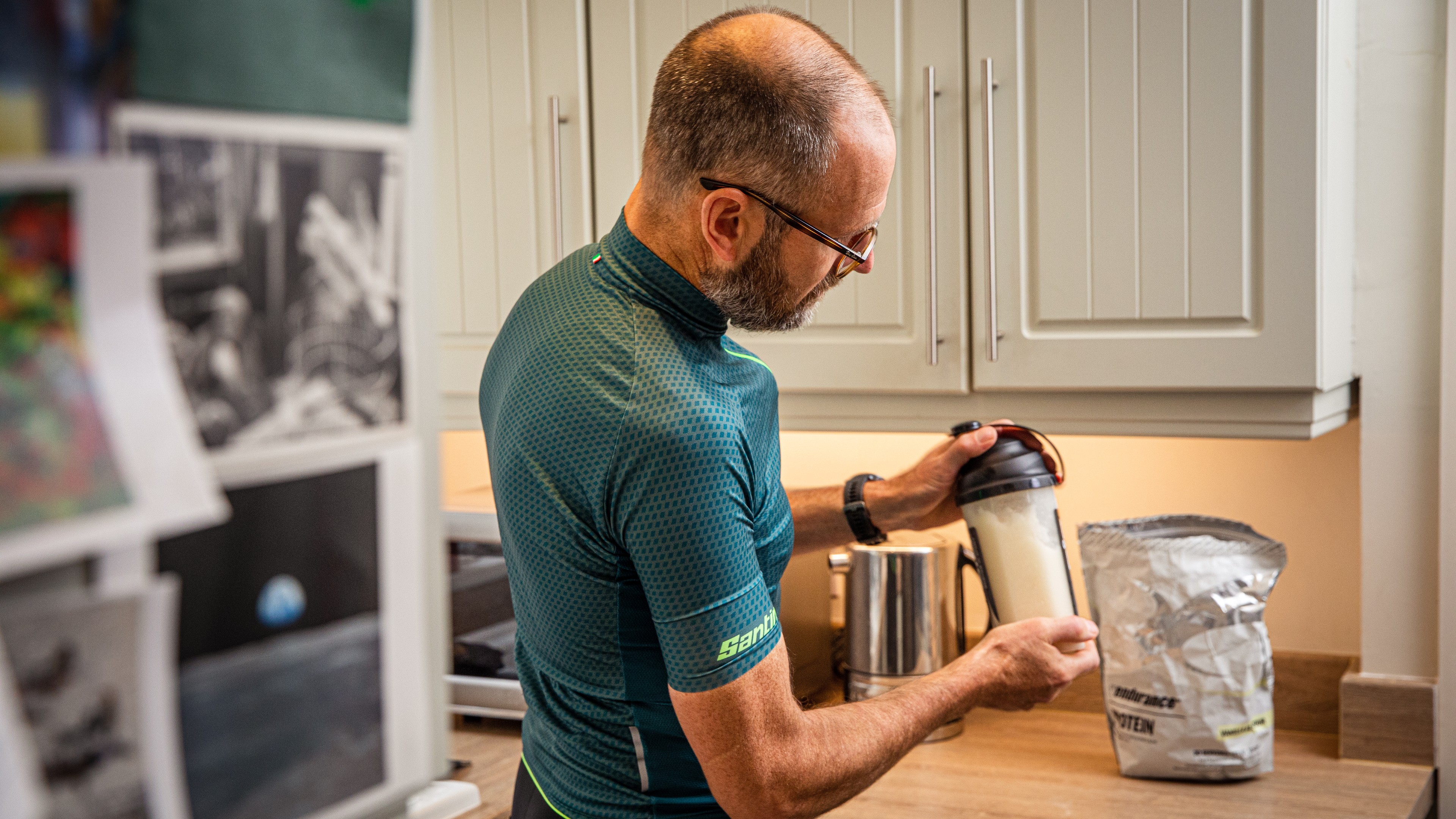

Each month sees the emergence of new drinks, powders and pills promising ever-greater performance gains. The options are endless and, unless you have access to a sports nutritionist, pinpointing which supplements for cyclists actually work can feel like an impossible task.
Anita Bean, author of The Complete Guide to Sports Nutrition, investigates the five products which, according to the 2018 consensus statement by the International Olympic Committee, are supported by peer-reviewed research and may offer performance enhancement.

Anita Bean is an award-winning registered nutritionist, health writer, internationally published author and former British bodybuilding champion. She is accredited by the Association for Nutrition (AfN) and specialises in sport and exercise nutrition.
The five supplements for cyclists that actually work
1. Caffeine
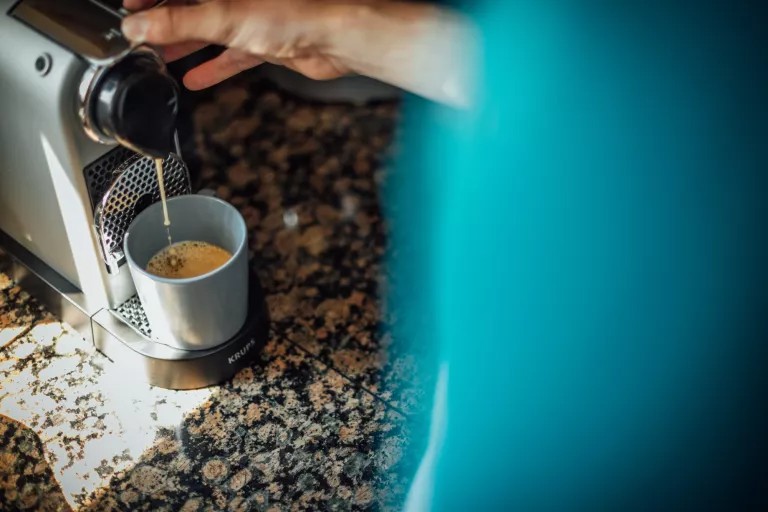
It doesn’t take a lot of convincing for cyclists to embrace caffeine as an essential performance aid. After all it’s been studied for more than 100 years and many of us drink it daily in the form of coffee.
Caffeine acts on the brain, blocking receptors that detect the presence of a fatigue-inducing chemical called adenosine. Caffeine therefore increases alertness and concentration and lowers the perception of effort, allowing you to keep going longer before succumbing to fatigue.
"It's useful both on the road and on the track for its performance benefits, as well as cyclo-cross events," explains Dr Sam Impey, lead nutritionist for the Great Britain Cycling team.
Caffeine may improve endurance by 2-4% , as well as benefiting sprint and power events, according to the 2021 position stand of the International Society of Sports Nutrition (ISSN).
Dr Impey recommends 2-3mg per kilo of bodyweight and taking it with carbohydrate to aid absorption. "For ease, many elites take caffeine in the form of chewing gum since 80% of the caffeine is absorbed 10 minutes after ingestion. Whereas it takes 30-60 minutes after tablets or gels."
Get The Leadout Newsletter
The latest race content, interviews, features, reviews and expert buying guides, direct to your inbox!
Can coffee provide the same performance-enhancing benefits as an equivalent dose of caffeine? This is hard to measure as the caffeine content of coffee varies hugely. A Which? survey found a single espresso from Pret A Manger contained six times as much caffeine as one from Starbucks, while cappuccinos from Greggs and Pret contained significantly less caffeine than one from Costa. That said, a 2018 study found that coffee works just as well as caffeine, boosting one-mile run time by 1.3% compared to decaf.
Individual responses vary and not everyone performs better with caffeine. "This is thought to be due to genetic variation, which can predispose people to be ‘fast’ or ‘slow’ caffeine metabolisers. ‘Fast’ metabolisers have the AA genotype of the CYP1A2 gene, break down caffeine quicker and experience a greater performance enhancing effect than slow metabolisers (CC genotype)," says Dr Impey.
2. Nitrate and beetroot juice
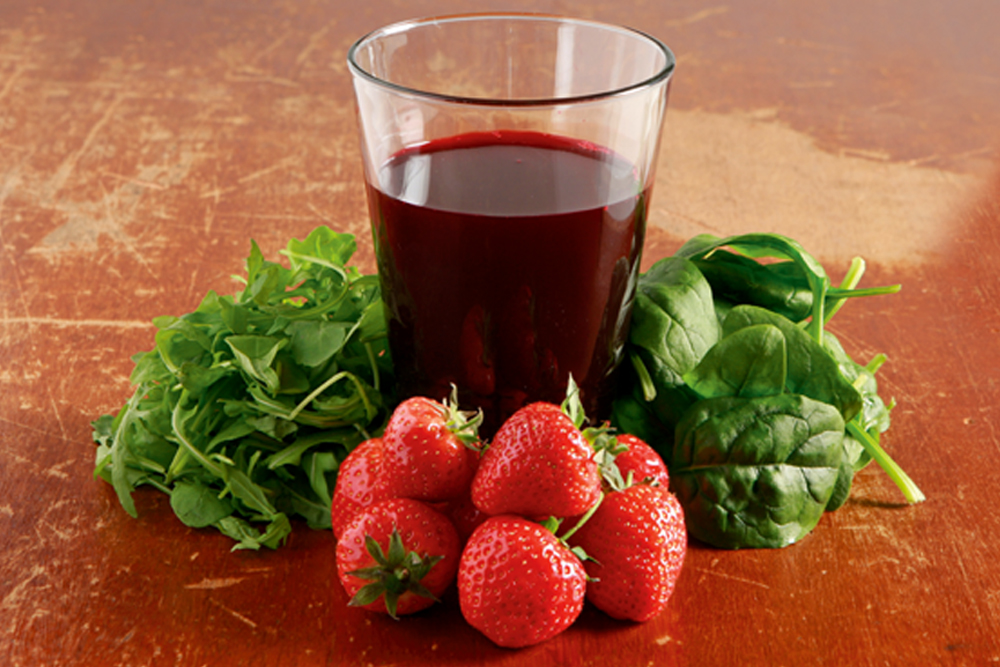
There’s a solid base of evidence to suggest that beetroot juice – a rich source of nitrate – can improve endurance performance in time trials between 12 and 40 minutes as well as repeated sprint performance. "This makes it a potentially useful supplement for road TTs, sprint and endurance track events," explains Dr Impey.
It works by increasing levels of nitric oxide in the body, which helps to dilate blood vessels, reduce the oxygen cost of submaximal exercise and delay fatigue. This means you can tolerate higher intensities for longer.
A 2020 meta-analysis of 80 studies showed that beetroot juice enhanced endurance performance by approximately 3%. "We find that the performance benefits tend to be less than those from caffeine," notes Dr Impey.
The majority of studies showing a positive effect involved untrained or recreational athletes. Whether beetroot juice also benefits performance in elite cyclists is unclear. Additionally, beetroot juice may not benefit female cyclists in the same way as it does male cyclists, according to a 2020 analysis.
The optimal dose is 5-9 mmol (310-560mg) nitrate, equivalent to one or two 70ml beetroot shots, consumed 2-3 hours before exercise. But a 3-7 day ‘beetroot loading’ phase may be needed to produce an ergogenic effect in more highly trained cyclists, according to a recent Danish study.
3. Beta-alanine
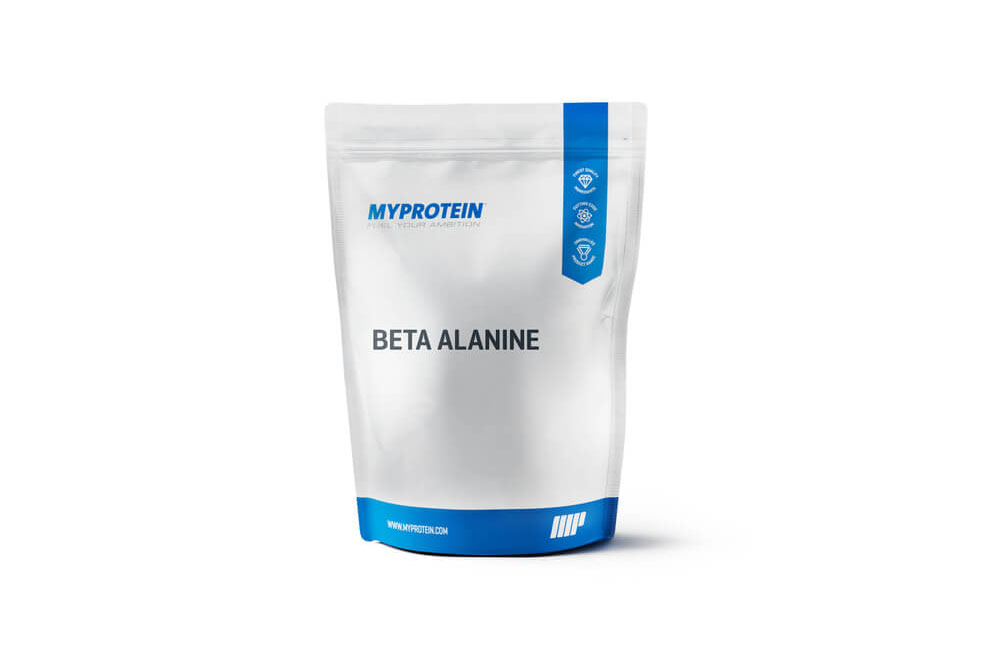
The idea behind beta-alanine supplementation is to increase carnosine levels, which in turn may help reduce muscle acidosis and delay the onset of neuromuscular fatigue.
A 2017 systematic review of 40 studies involving a total of 1,451 participants concluded that beta-alanine supplementation could bring small but meaningful benefits (0.2-3%) for those participating in events ranging from 30 seconds to 10 minutes.
"Sprinting is the most common use for beta-alanine but there are also potential benefits for road endurance events where you’re sitting at or close to threshold for a while. The amount of lactate produced ramps up so if you can delay that a bit, then that’s a benefit," explains Dr Impey.
The optimal dose is 65mg/kg bodyweight/day, or about 3.2-6.4g per day, but it is most effective when taken in several smaller doses (eg. 0.8-1.6g every 3-4 hours) over a 10 to 12-week loading period. The main side effect is paraesthesia (skin tingling) within 30-60 minutes of taking a dose, although this appears to be harmless and is associated mainly with higher doses.
4. Creatine
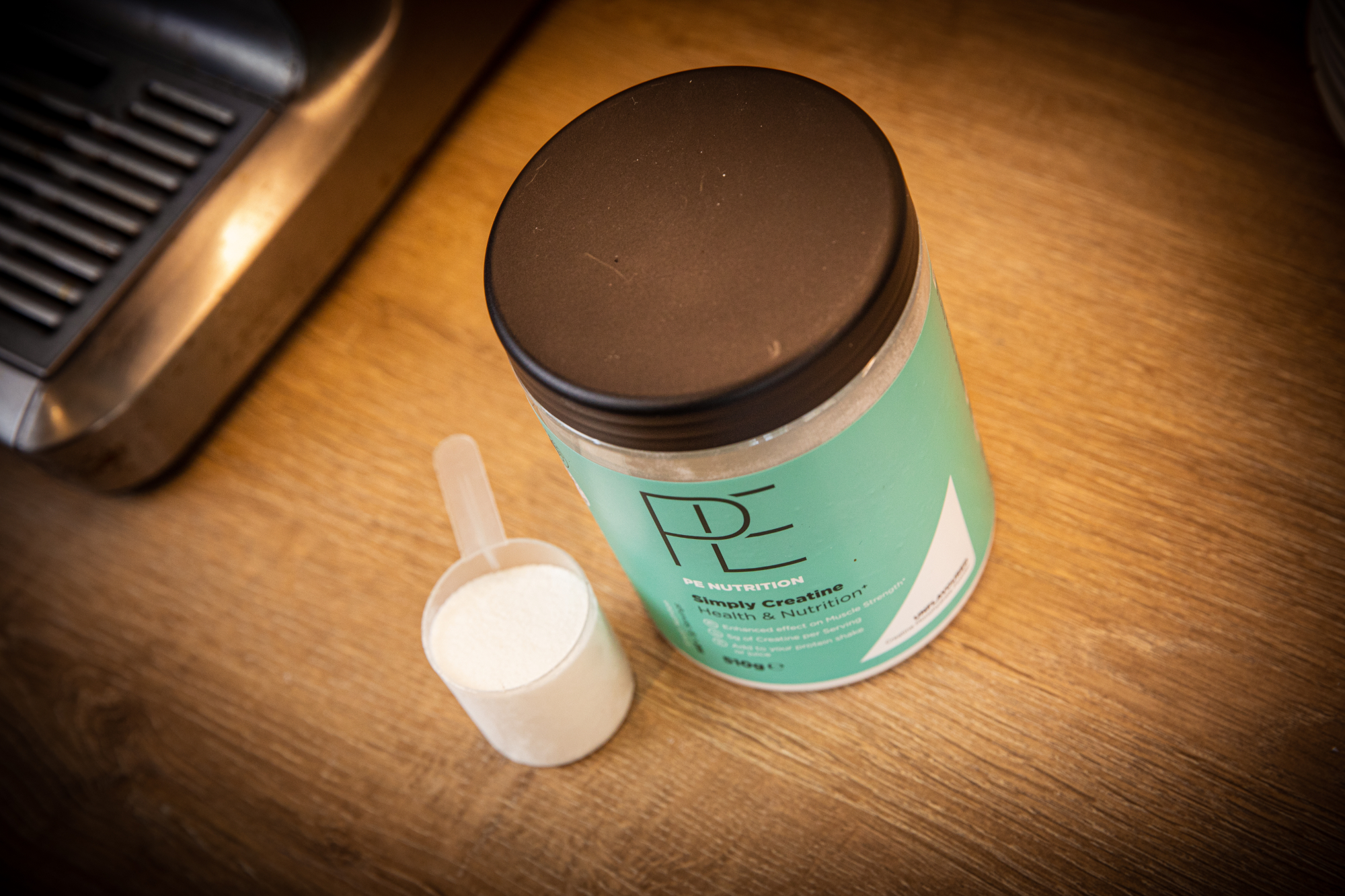
Creatine is one of the most studied sports supplements, and studies have consistently shown that it increases strength, power and muscle mass through resistance training. It is most commonly available as creatine monohydrate.
Creatine combines with phosphorus to form phosphocreatine (PC) in your muscle cells. This is an energy-rich compound that fuels your muscles during high-intensity activities, such as lifting weights or sprinting.
Creatine supplementation raises PC levels, allowing you to sustain all-out effort longer and recover faster between sets, leading to greater training adaptations.
"For this reason, it’s favoured by track sprint cyclists – but the real benefit of creatine comes from supporting gym work, building power and strength, which translates as better power output on the bike," says Dr Impey.
But there are potential downsides of creatine supplementation for cyclists, namely weight gain due to extra water, which can cancel out the gains in sprint power. To minimise the weight gain associated with creatine loading, Dr Impey advises taking a maintenance dose of 2-5g per day. It may be worth trying during the off-season when you do more strength training.
5. Bicarbonate
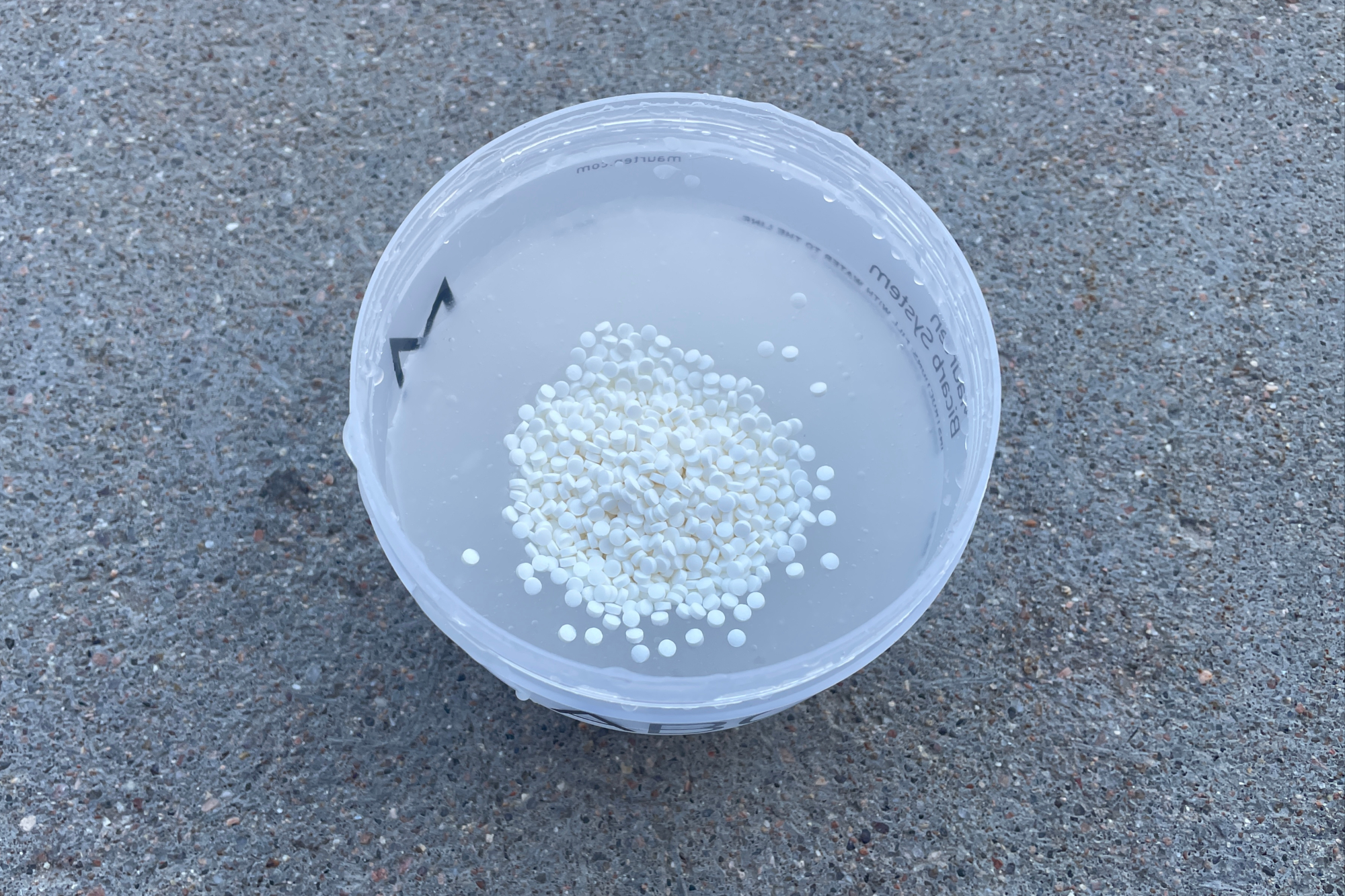
Bicarbonate works by making the blood more alkaline and counteracting the rising acidity that occurs during high-intensity exercise, delaying fatigue. Studies show it boosts performance by 2-3% in events between 45 seconds and 8 minutes.
"Bicarbonate can produce potentially the biggest gains in acute performance, but these are often accompanied by the gastrointestinal challenge that it can often produce," says Dr Impey. Its side effects – namely gas, bloating, stomach pain and explosive diarrhoea – may cancel out any potential performance benefit.
To reduce the risks of gastrointestinal upset, Dr Impey advises taking sodium bicarbonate (0.3g/ kg bodyweight) with 1-1.5g carbohydrate/kg bodyweight and at least 500ml water in the 2-3 hour pre-exercise period.
This, he says, creates similar conditions to Maurten’s Bicarb System. This is a pricier option in which bicarbonate is encapsulated in a hydrogel so it bypasses digestion in the stomach (thus avoiding stomach problems) then enters the intestines where it gets dissolved and absorbed. There are no published studies to support its claims to date but Team Jumbo Visma and other WorldTour cyclists have used it with success.
Be careful not to dope accidentally
If you compete in events and decide to take a supplement, check that it has been certified by a supplement certification programme, such as Informed Sport. Supplements are the biggest cause of inadvertent doping in the UK. British Cycling has a policy of strict liability, which means cyclists take supplements at their own risk.
"I always say, if a supplement sounds too good to be true it probably is. And if it has that much of a performance benefit then it should be banned or probably will be banned soon!" cautions Dr Impey.

Thank you for reading 20 articles this month* Join now for unlimited access
Enjoy your first month for just £1 / $1 / €1
*Read 5 free articles per month without a subscription

Join now for unlimited access
Try first month for just £1 / $1 / €1

Anita Bean is an award-winning registered nutritionist, internationally published author, health writer and former British bodybuilding champion. She specialises in sport and exercise nutrition and is passionate about helping athletes improve their performance in training and competition. She is the author of The Complete Guide to Sports Nutrition and The Vegan Athlete’s Cookbook and has written for Good Housekeeping, Waitrose Food and Women’s Running. Anita is also the nutritionist for RideLondon and the London Marathon. A strong advocate of an active lifestyle, Anita enjoys cycling, yoga, hiking and strength training.
-
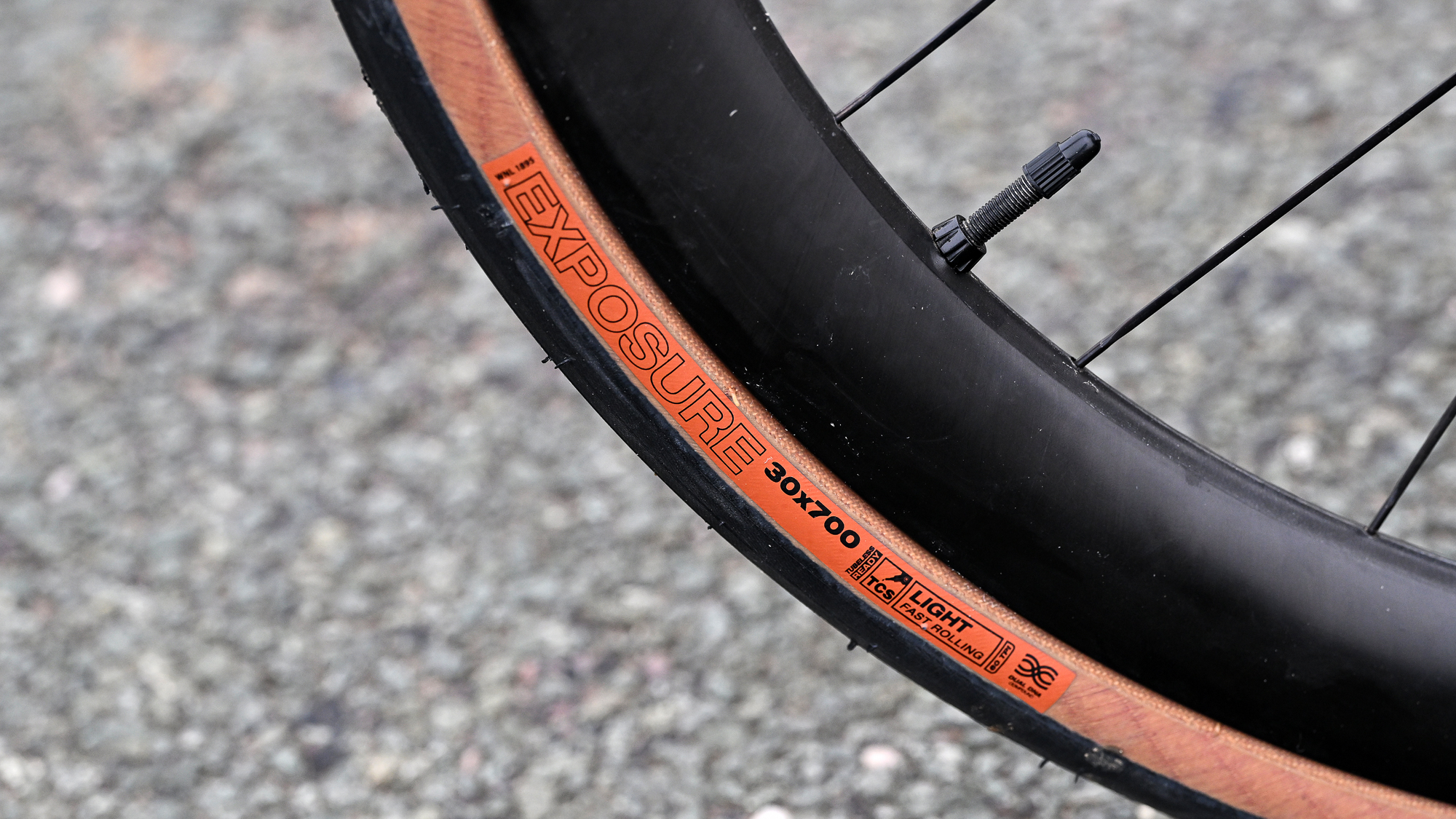 We thought this all-road tyre delivered comfort, speed and durability but was let down by the cost – as if by magic, you can now get 40% off at Competitive Cyclist
We thought this all-road tyre delivered comfort, speed and durability but was let down by the cost – as if by magic, you can now get 40% off at Competitive CyclistDeals The WTB Exposure TCS tyre is now available at one of the lowest prices, making this fast-adventure-ready tyre a bargain buy
By Paul Brett Published
-
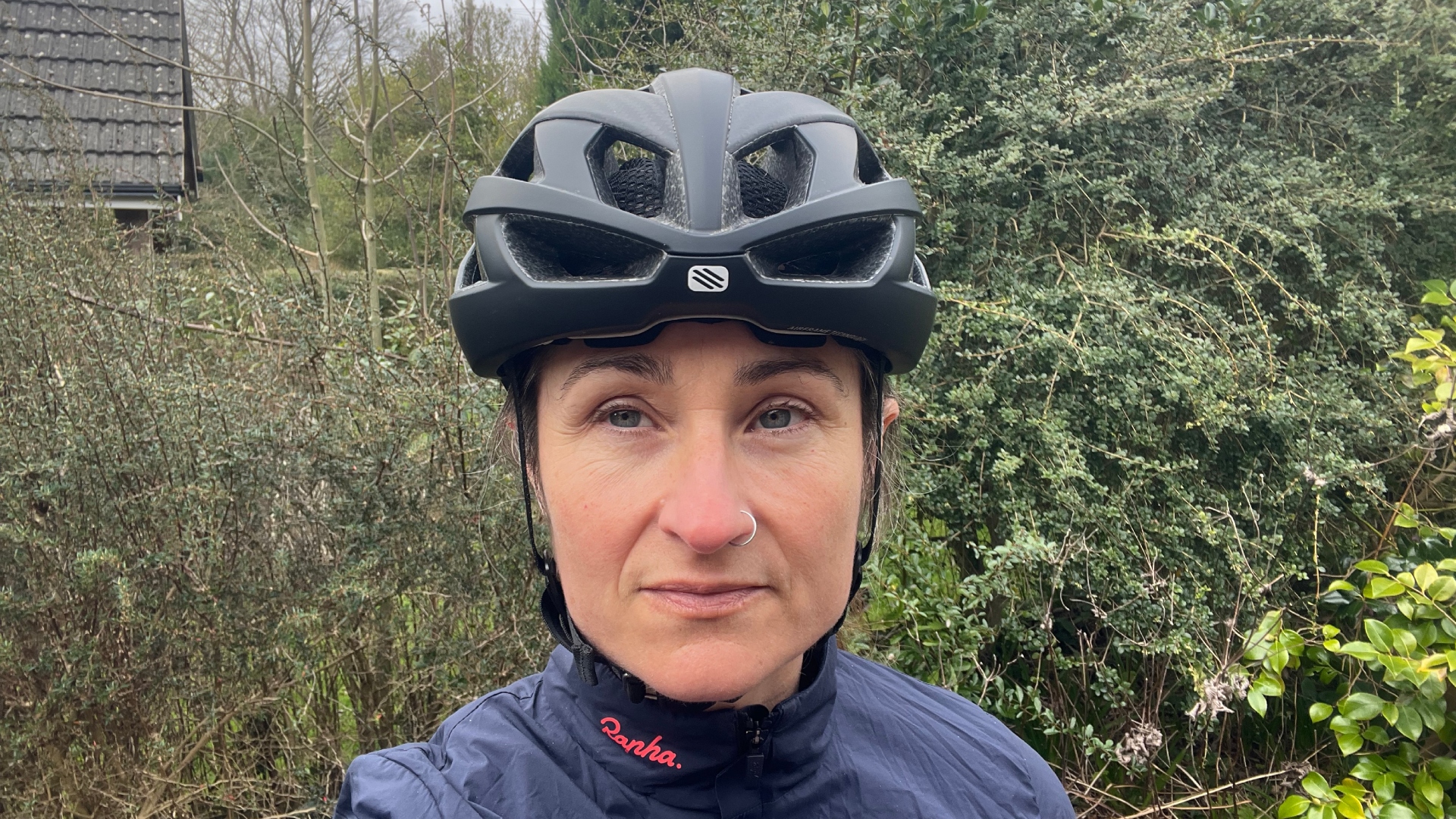 Rudy Project Rebel bike helmet review
Rudy Project Rebel bike helmet reviewRebelling against the solid shell oversized helmet fashion, the Rudy Project Rebel goes big on ventilation and breathability, but there is a weight penalty
By Hannah Bussey Published
-
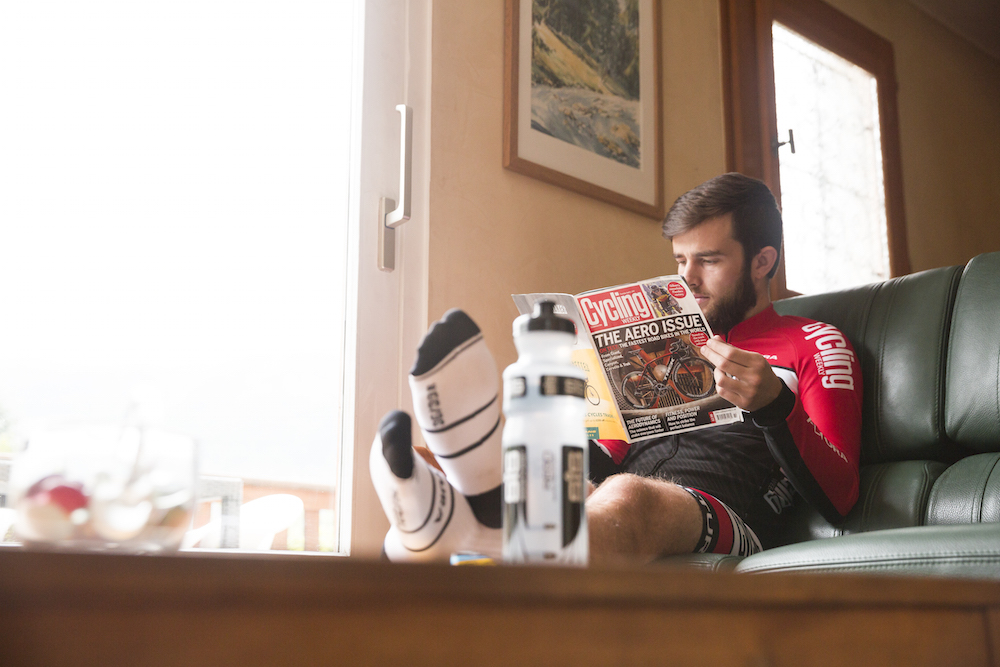 How many rest days should a cyclist take each week?
How many rest days should a cyclist take each week?We all know we need rest, but the specifics aren't always so black and white
By James Shrubsall Published
-
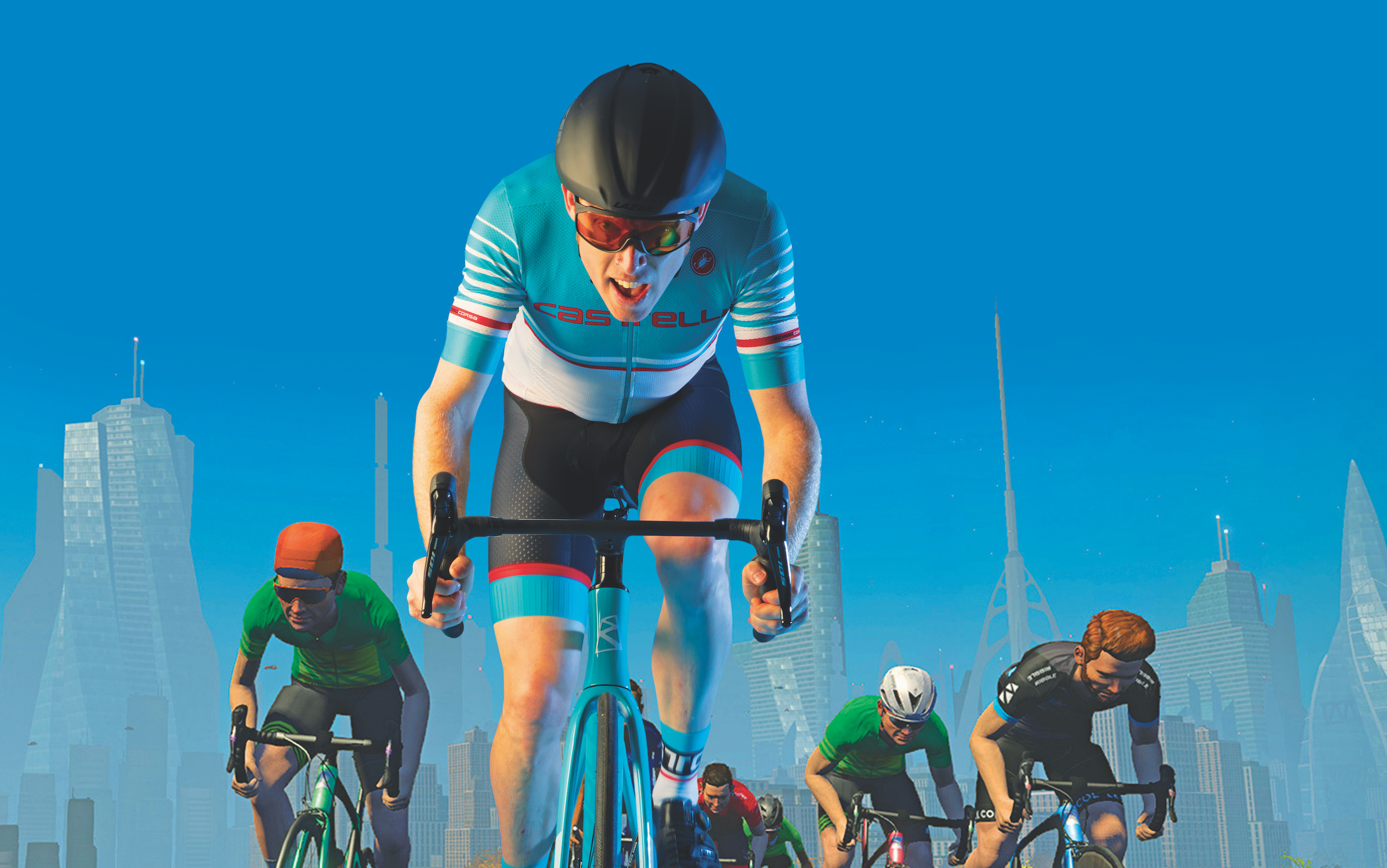 How to win a bike race without leaving your house
How to win a bike race without leaving your houseOnline racing is opening up a whole new world of crash-free competition. CW’s Alex Ballinger scopes out how to become the hero of his own living room
By Alex Ballinger Published
-
 Hill climbing: The secrets of how anyone can go faster uphill
Hill climbing: The secrets of how anyone can go faster uphillJim Cotton speaks to champion climbers to find out how we can all go faster uphill - and maybe bag a KoM along the way
By Jim Cotton Published